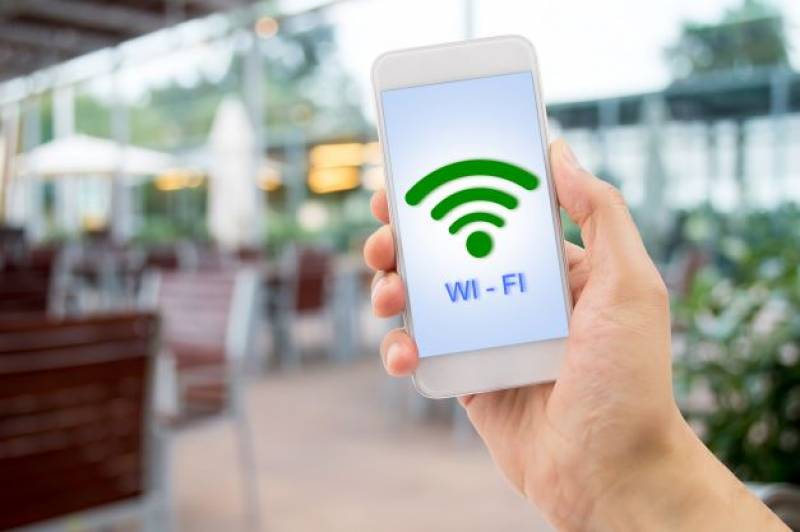
To be listed on the haciendadelalamo TODAY MAP please call +34 968 018 268.
article_detail
These are the top 5 English words that the Spanish use but never pronounce correctly
The Spanish language borrows a lot of words from English, but people in Spain are often unable to pronounce them

Most foreign expats initially struggle with the pronunciation of the letters 'j' and 'v' or the double 'll' or the 'c' sounds when first starting to learn Spanish, and words such as ferrocarril (railway) and ironically fácil (easy) can be a bit of a challenge.
So it will come as no surprise that the same applies in reverse, with Spaniards often mispronouncing plenty of words in English, the most widely spoken language in the world with an estimated 1.132 million speakers.
Like Latin or Greek at the time, English is the universal language of today, and the default language in international business, tourism, technology, and much more. But there are plenty of Anglicisms that the Spanish simply cannot pronounce.
Taking a selection of 50 common phrases that the average Spaniard uses in everyday life, online learning platform Preply has studied Google data based on online searches for 'how to pronounce' and has ranked them according to their difficulty, obviously taking into account the number of people who search for them.
These are the five words Spaniards have most difficulty getting their tongue around:
1. Tupperware
This household staple is often mispronounced 'Tupergüer' in Spain, but the plastic containers have many variants, including 'tuperes' and 'taper'.
2. Wi-Fi
Whether in a bar or hotel, the Wi-Fi password is usually the first thing many people ask for, but it's not an easy request for Spaniards in English-speaking establishments, with many asking for the 'güifi' password, an error most common amongst Galicians and Catalans.
3. Freaky
This is mispronounced as 'friki' or 'frique' to describe someone as "extravagant, strange, weird or obsessed with an unusual hobby", in a meaning that is related to the original English but not entirely the same. The term became commonplace in the 2000s and such was its popularity that the Spanish dictionary compilers, the Real Academia Española (RAE), included it in the dictionary in 2012 (in its Spanish adaptation: friki, friqui).
4. Sidecar
A word to describe a small carriage attached to the side of a motorcycle and supported on the other side by a wheel of its own. One of the most commonly searched 'how to pronounce' words by Spaniards, particularly in the Basque Country, they are advised to break the word down to 'side kaa'.
5. Iceberg
The reason this word is tricky is the difference in vowel sounds in Spanish and English, so many Spaniards, predominantly in La Rioja, pronounce it 'ee-thay-bearg'. They are advised that the correct phonetic transcription for them, should they ever find themselves in a Titanic situation, is 'aisberg'.
You might also like: The importance of learning Spanish to work in Spain
Image: Archive
Loading
Sign up for the Spanish News Today Editors Roundup Weekly Bulletin and get an email with all the week’s news straight to your inbox
Special offer: Subscribe now for 25% off (36.95 euros for 48 Bulletins)
OR
you can sign up to our FREE weekly roundup!
Read some of our recent bulletins:
Discount Special Offer subscription:
36.95€ for 48 Editor’s Weekly News Roundup bulletins!
Please CLICK THE BUTTON to subscribe.
(List price 3 months 12 Bulletins)
Read more stories from around Spain:
Contact Murcia Today: Editorial 000 000 000 /
Office 000 000 000




















